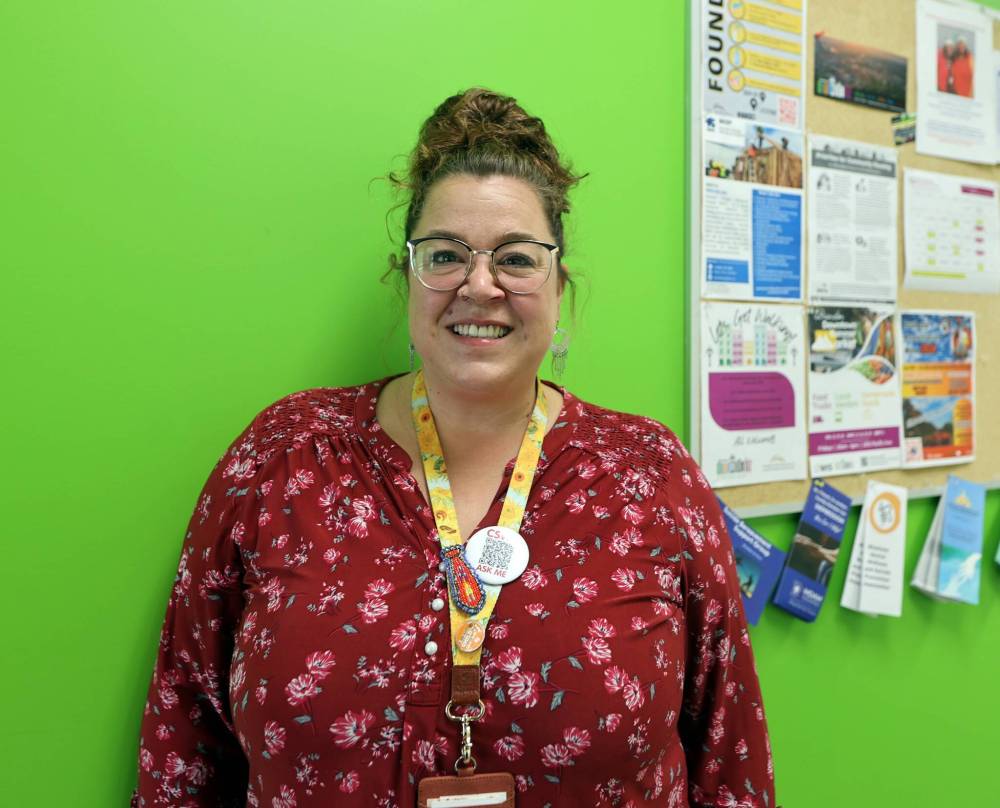Ottawa funds harm-reduction vans in Westman
Advertisement
Read this article for free:
or
Already have an account? Log in here »
We need your support!
Local journalism needs your support!
As we navigate through unprecedented times, our journalists are working harder than ever to bring you the latest local updates to keep you safe and informed.
Now, more than ever, we need your support.
Starting at $15.99 plus taxes every four weeks you can access your Brandon Sun online and full access to all content as it appears on our website.
Subscribe Nowor call circulation directly at (204) 727-0527.
Your pledge helps to ensure we provide the news that matters most to your community!
To continue reading, please subscribe:
Add Brandon Sun access to your Free Press subscription for only an additional
$1 for the first 4 weeks*
*Your next subscription payment will increase by $1.00 and you will be charged $20.00 plus GST for four weeks. After four weeks, your payment will increase to $24.00 plus GST every four weeks.
Read unlimited articles for free today:
or
Already have an account? Log in here »
Three outreach programs in Westman will receive almost $1.1 million in federal funding for harm-reduction efforts aimed at addressing the overdose crisis.
Part of the funds will be used to purchase and outfit a van in Brandon and one in the Dauphin area to provide mobile outreach.
“This is really important for our community,” City of Brandon community housing and wellness co-ordinator Shannon Saltarelli said Tuesday.

Shannon Saltarelli, community housing and wellness co-ordinator with the City of Brandon. (File)
“Rather than expecting somebody who’s struggling with addiction and experiencing homelessness to walk in the door of a service provider, it’s always better to come to them.”
The van will visit places where people are at risk of overdose, including encampments and shelters.
“This is not a safe consumption mobile clinic,” Saltarelli said. “It is a supportive outreach where they will hand out supplies that people need.
“Will some of that be safe drug-use supplies? Yes, but that already exists in our community,” she said.
“Not everybody can get down to 7th Street Health Access Centre between the hours of 9 a.m. to 5 p.m. to get what they need for safe use.
“If your option is using a dirty needle at one o’clock in the morning or having outreach bring you some clean supplies, do a health check to make sure you’re OK, bring you some water, food, a blanket and a warm pair of clean socks, that’s a much better option than somebody picking up a dirty needle,” Saltarelli said.
Agencies in the Wheat City that provide street-level support and supplies to people facing homelessness and addiction include Brandon Bear Clan, Sexuality Education Resource Centre, Harm Reduction Network and Prairie Mountain Health.
“But it’s not anyone’s full-time work,” Saltarelli said.
“So the intention was to get funding that could be used to create this service that would be consistent in our community, especially evenings and weekends.”
The money for the program comes from the federal Emergency Treatment Fund that was set up to help communities rapidly respond to emerging, critical needs related to the toxic illegal drug supply.
Dauphin-based Northwest Metis Council Inc. has been approved to receive $569,288 to launch a mobile outreach van to provide prevention and education on opioid use.
Rolling River First Nation is receiving $160,700 to improve the services provided by Southquill Health Services for individuals struggling with mental health and substance-use issues.
The amount approved for the City of Brandon was $425,530. But Saltarelli said when the funds became available from the federal government, the city was in the process of approving its 2024-25 budget, so it wasn’t able to utilize the first portion that was available.
“It’s still a significant amount of money,” Saltarelli said. “It’s around $350,000. It will cover the cost of a van, staffing and supplies that are needed. The funding is also for space to rent, laptops and cellphones.”
The City of Brandon is the administrator of the funds and has already put out the call for applications for a local service provider to run the mobile outreach unit in Brandon.
Saltarelli said the evaluation team will be making an announcement about the new provider soon.
One of the requirements is to have staff who understand Indigenous worldviews and have trauma-informed care practices to visit places where people are at risk of overdose.
More than $30 million from the fund is going toward 34 projects, and more than $10 million for six projects under the Substance Use and Addictions Program across Western Canada, Health Canada said in a news release Tuesday.
There is no one-size-fits-all approach to solving the overdose crisis, said federal Health Minister Marjorie Michel.
“By investing in community-driven, culturally relevant and evidence-based initiatives, we are making sure people have access to the care and support they need, close to home,” Michel said in the release.
» mmcdougall@brandonsun.com
» enviromichele.bsky.social
